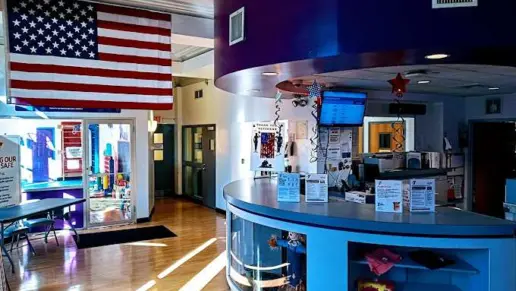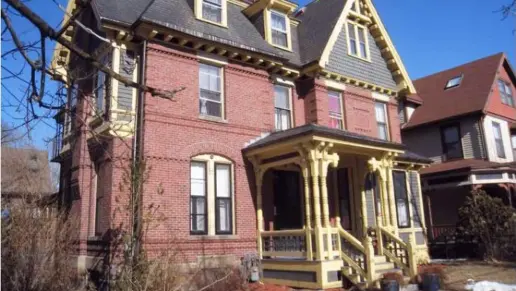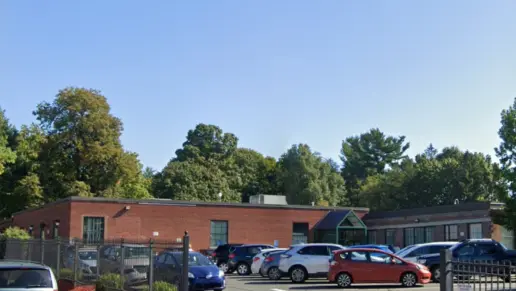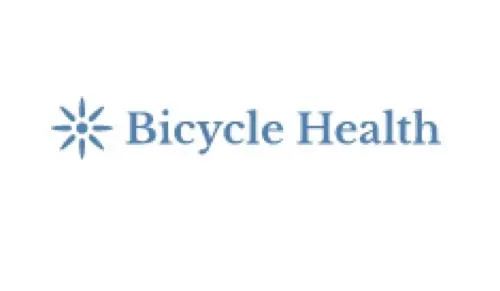About Aspire Health Alliance
Aspire Health Alliance, formerly known as South Shore Mental Health, was located in Wareham, Massachusetts, an area often called the “Gateway to Cape Cod.” They were a private rehabilitation center that offered services to children, families, young adults and adults. They had a special Community Counseling Service for the local Asian community using a multidisciplinary team in partnership with community services to address the unique needs of this community.
The community outpatient services team included psychiatrists, licensed mental health workers and clinical nurse specialists who provided individual and group therapy to meet the needs of the Asian community. They helped clients to improve their interpersonal skills, attain life goals and maintain independent living in the least restrictive environment possible.
The outpatient services offered at this location included specialized rehabilitation, life skills training, outreach and employment support. They also included wraparound services that began as home-based and transitioned into community services. The outpatient counseling services provided diagnostic evaluations, psychological and neuropsychological testing, psychopharmacology, and individual and family therapies to address substance abuse, anxiety, grief and trauma. Their team of therapists was equipped to treat children, teens and adults with those disorders.
The mental health providers worked alongside your primary care physician, nurse practitioner and social workers to develop a goal-oriented treatment plan to help you recover while integrating the needs of your immediate family. They used a variety of evidence based treatment approaches, including dialectical behavior therapy to facilitate the recovery process.
Each year the staff at Aspire provided services to over 16,000 children, teens and adults using innovative and culturally competent care. They worked with many insurance providers in Massachusetts, including Cigna Behavioral Health, Medicaid, Medicare and TRICARE. They helped verify your insurance coverage before beginning treatment.
Wareham is located along Buzzards Bay and is known for beautiful beaches, charming harbors and access to water based activities. The town annually celebrates the Cranberry Harvest Festival in recognition of the area’s cranberry agriculture. You could visit historic Wareham Village, Onset Beach and the scenic Cape Cod Canal where people enjoy family friendly activities. The city offers a beautiful setting to address your substance use disorder and find recovery in natural surroundings.
Gallery
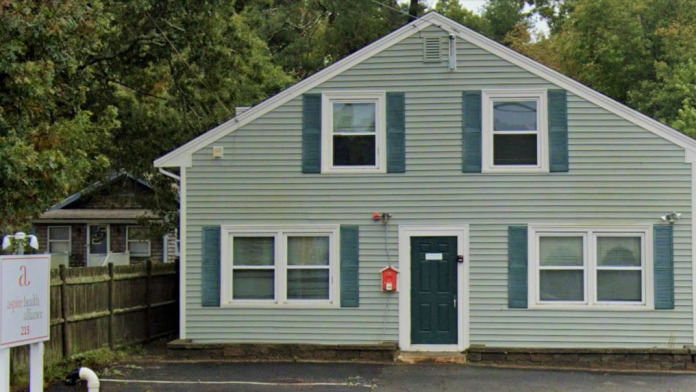
Location
Accepted Insurance
Other Forms of Payment
Medicaid is a state based program that helps lower-income individuals and families pay for healthcare. Medicaid covers addiction treatment so those enrolled can use their coverage to pay for rehab. When a program accepts Medicaid the client often pays very little or nothing out of their own pocket.
Private insurance refers to any kind of healthcare coverage that isn't from the state or federal government. This includes individual and family plans offered by an employer or purchased from the Insurance Marketplace. Every plan will have different requirements and out of pocket costs so be sure to get the full details before you start treatment.
Self-pay involves paying for treatment out of your own pocket. You can use savings or credit, get a personal loan, or receive help from family and friends to fund your treatment. If you don't have insurance or your insurance plan doesn't cover a specific program, self-pay can help ensure you still get the care you need.
Financial aid can take many forms. Centers may have grants or scholarships available to clients who meet eligibility requirements. Programs that receive SAMHSA grants may have financial aid available for those who need treatment as well. Grants and scholarships can help you pai for treatment without having to repay.
Medicare is a federal program that provides health insurance for those 65 and older. It also serves people under 65 with chronic and disabling health challenges. To use Medicare for addiction treatment you need to find a program that accepts Medicare and is in network with your plan. Out of pocket costs and preauthorization requirements vary, so always check with your provider.
Military members, veterans, and eligible dependents have access to specific insurance programs that help them get the care they need. TRICARE and VA insurance can help you access low cost or no cost addiction and mental health treatment. Programs that accept military insurance often have targeted treatment focused on the unique challenges military members, veterans, and their families face.
Addiction Treatments
Levels of Care
Treatments
Many of those suffering from addiction also suffer from mental or emotional illnesses like schizophrenia, bipolar disorder, depression, or anxiety disorders. Rehab and other substance abuse facilities treating those with a dual diagnosis or co-occurring disorder administer psychiatric treatment to address the person's mental health issue in addition to drug and alcohol rehabilitation.
Mental health rehabs focus on helping individuals recover from mental illnesses like bipolar disorder, clinical depression, anxiety disorders, schizophrenia, and more. Mental health professionals at these facilities are trained to understand and treat mental health issues, both in individual and group settings.
Programs



Clinical Services
Cognitive Behavioral Therapy (CBT) is a therapy modality that focuses on the relationship between one's thoughts, feelings, and behaviors. It is used to establish and allow for healthy responses to thoughts and feelings (instead of unhealthy responses, like using drugs or alcohol). CBT has been proven effective for recovering addicts of all kinds, and is used to strengthen a patient's own self-awareness and ability to self-regulate. CBT allows individuals to monitor their own emotional state, become more adept at communicating with others, and manage stress without needing to engage in substance abuse.
Whether a marriage or other committed relationship, an intimate partnership is one of the most important aspects of a person's life. Drug and alcohol addiction affects both members of a couple in deep and meaningful ways, as does rehab and recovery. Couples therapy and other couples-focused treatment programs are significant parts of exploring triggers of addiction, as well as learning how to build healthy patterns to support ongoing sobriety.
Research clearly demonstrates that recovery is far more successful and sustainable when loved ones like family members participate in rehab and substance abuse treatment. Genetic factors may be at play when it comes to drug and alcohol addiction, as well as mental health issues. Family dynamics often play a critical role in addiction triggers, and if properly educated, family members can be a strong source of support when it comes to rehabilitation.
Group therapy is any therapeutic work that happens in a group (not one-on-one). There are a number of different group therapy modalities, including support groups, experiential therapy, psycho-education, and more. Group therapy involves treatment as well as processing interaction between group members.
In individual therapy, a patient meets one-on-one with a trained psychologist or counselor. Therapy is a pivotal part of effective substance abuse treatment, as it often covers root causes of addiction, including challenges faced by the patient in their social, family, and work/school life.
Trauma therapy addresses traumatic incidents from a client's past that are likely affecting their present-day experience. Trauma is often one of the primary triggers and potential causes of addiction, and can stem from child sexual abuse, domestic violence, having a parent with a mental illness, losing one or both parents at a young age, teenage or adult sexual assault, or any number of other factors. The purpose of trauma therapy is to allow a patient to process trauma and move through and past it, with the help of trained and compassionate mental health professionals.





